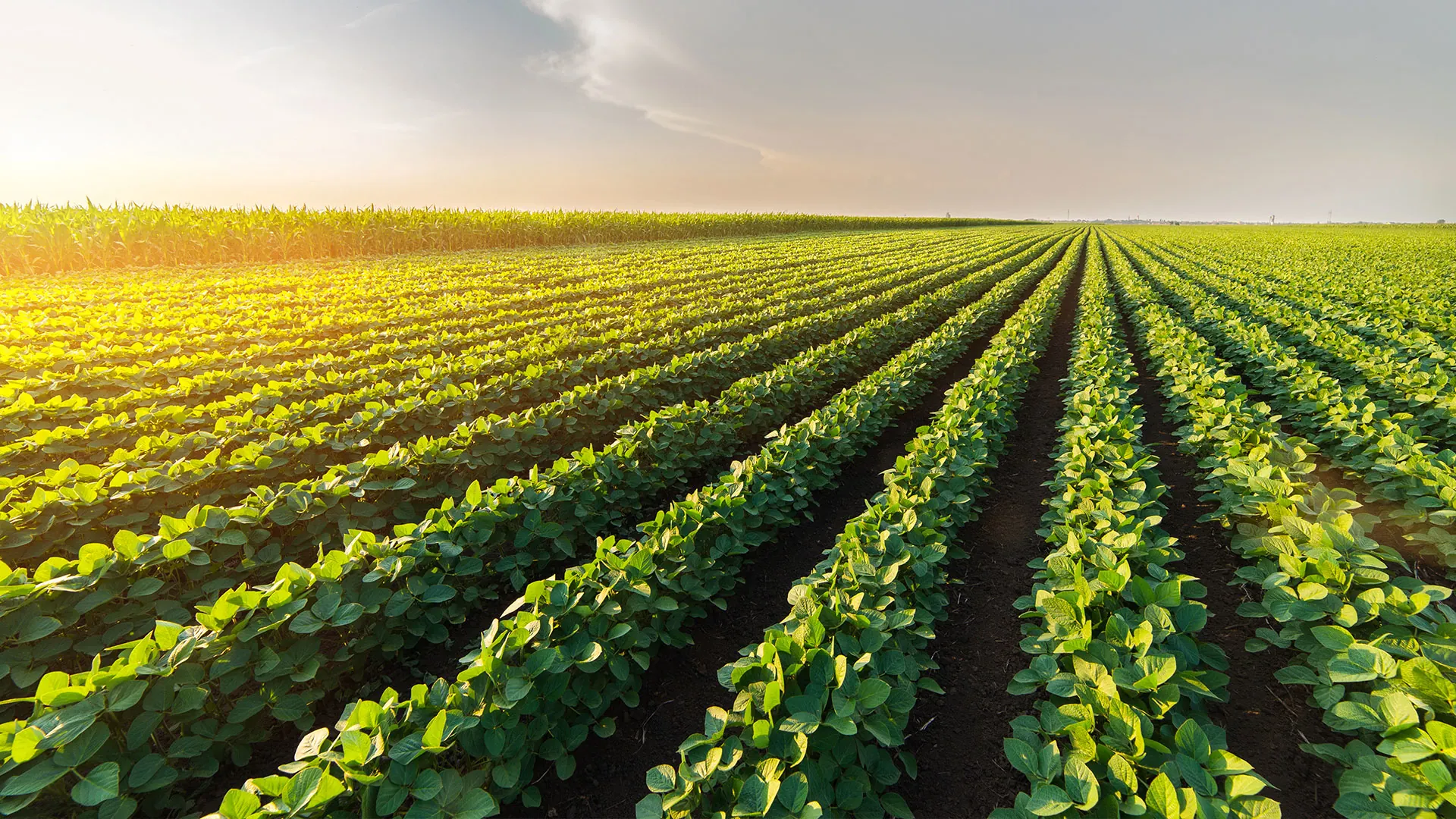

Our soil steaming technology presents a sustainable solution for soil treatment, effectively eliminating weeds, pests, and diseases without harming the environment.
Maybe you had to read that sentence twice? It sounds dramatic, but the truth is that, if the world continues to waste soil at the same pace as in the last 50 years, scientists believe that we will run out of soil by 2050. A soil scientist told us de other day that in 5 years from now – although hopefully earlier – we will be having the same discussions around the need for fertile soil as we are having today about CO2 emissions. Are you worried about all the food waste in the world? Well, soil waste is worse..
More than 90% of the food that we eat origins from the soil. We can not live without it.
It is possible to prevent the loss of soil. One of the obvious things to do is to stop sending soil to landfill. For that, we need technology that neutralizes invasive plant parts, seeds and other harmful organisms in the soil. Our SoilSaver 20 machine sterilizes the soil and recycles thousands of tons of soil that would otherwise have been deposited in landfills, and permanently removed from circulation. As an additional bonus, it also eliminates the need to replace this soil with new virgin soil in projects, thereby protecting the soil resource in two ways. At the same time, it helps prevent the spread of invasive species, thus protecting biodiversity and vulnerable ecosystems.
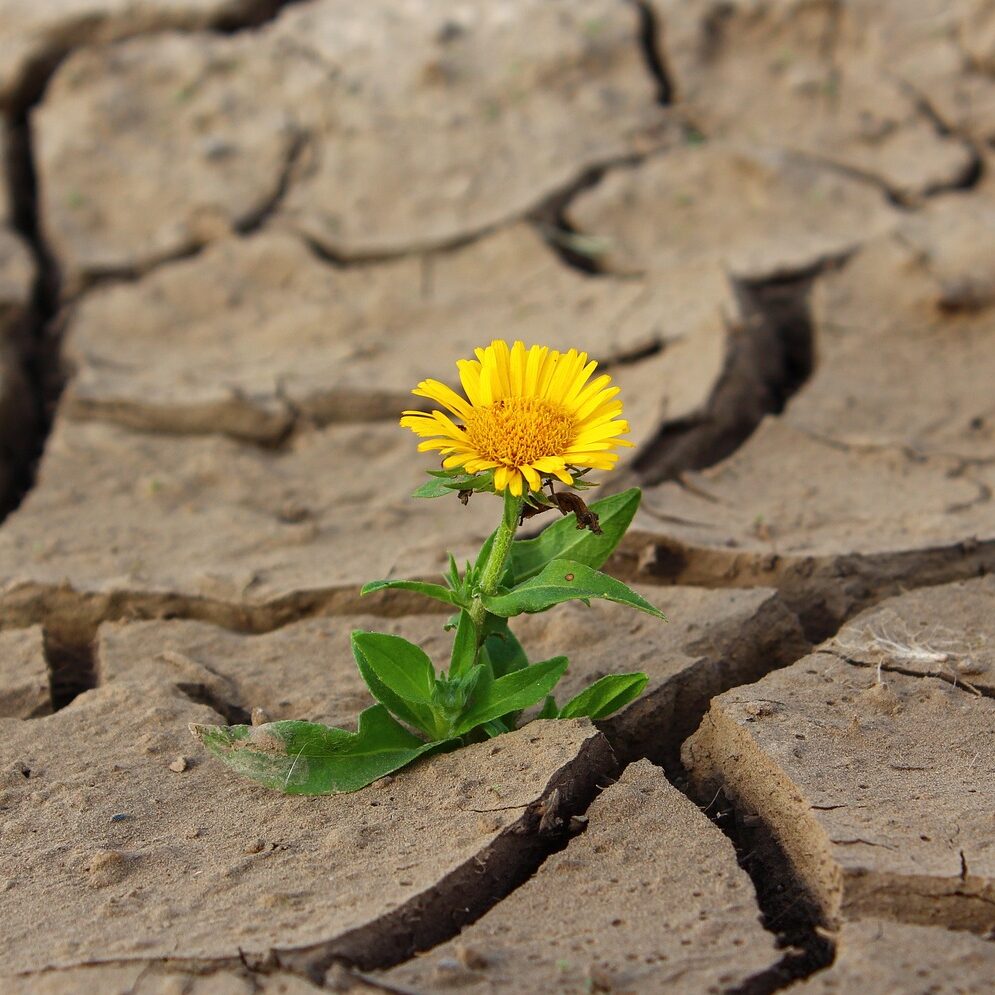
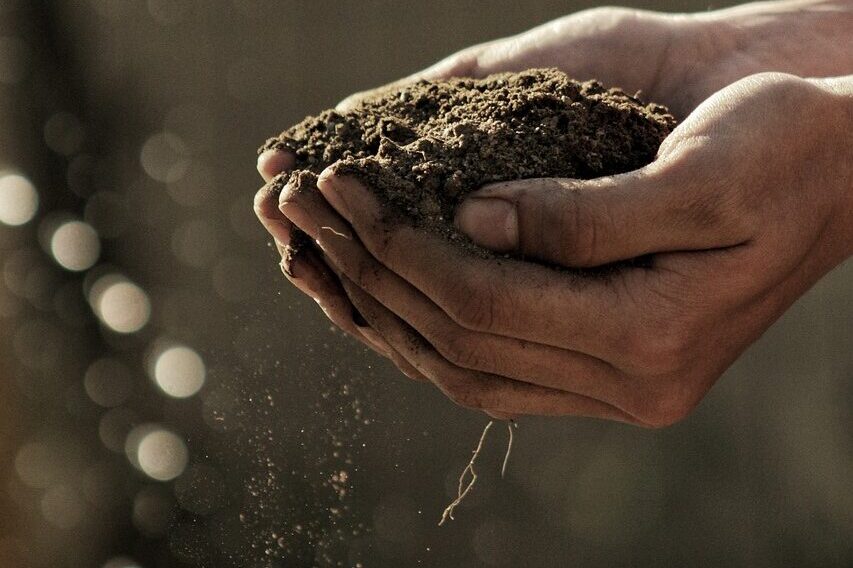
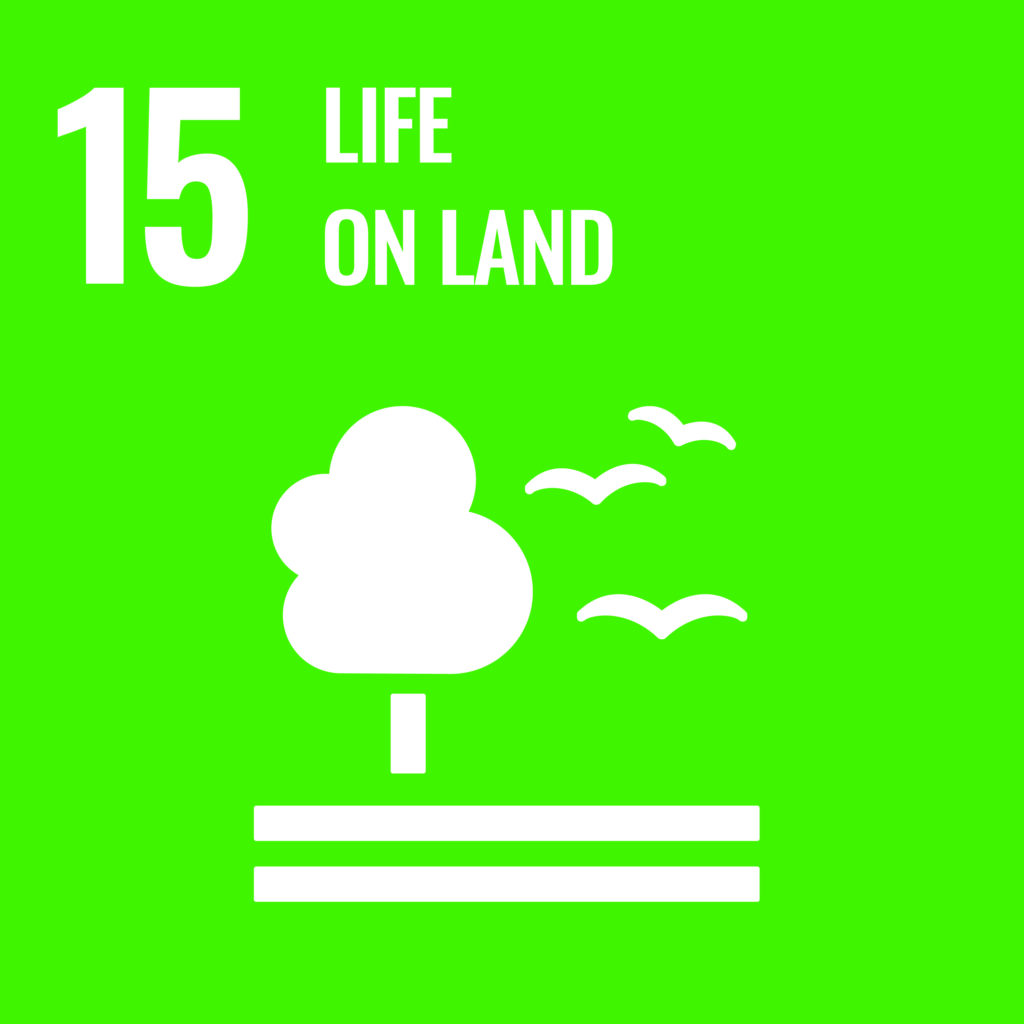
Did you know that alien invasive species pose the second-greatest threat to biodiversity after habitat loss? Increased international trade and imports of soil, plants, and plant products seem to be the main reasons for introducing these species. Meanwhile, climate changes facilitate the establishment of new climatic areas, helping invasive plants to spread. Although these species are beautiful, they harm many of our ecosystems. Several action plans and strategies now exist to combat these invaders.
Take the example of Japanese Knotweed (Fallopia japonica). Discovered by Victorian plant hunters and introduced to western gardens in the late 19th century, the plant soon became the most notorious alien species throughout Europe and North America. In most jurisdictions, it is now subject to strict controls. For construction and civil engineering projects, the discovery of Japanese Knotweed can prove a serious headache, resulting in delays and large extra costs. For example, in the United Kingdom, soil containing any trace of the plant is regarded as controlled waste requiring special disposal regulated by law. Over £70 million was spent eradicating knotweed from the 2012 Olympic Park in London. Herbicides such as glyphosate are rarely totally effective.
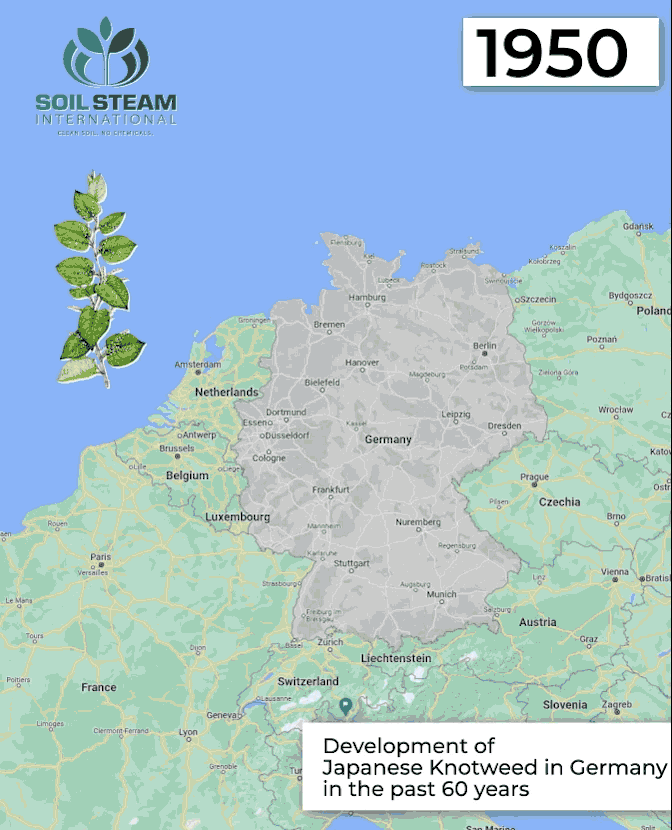
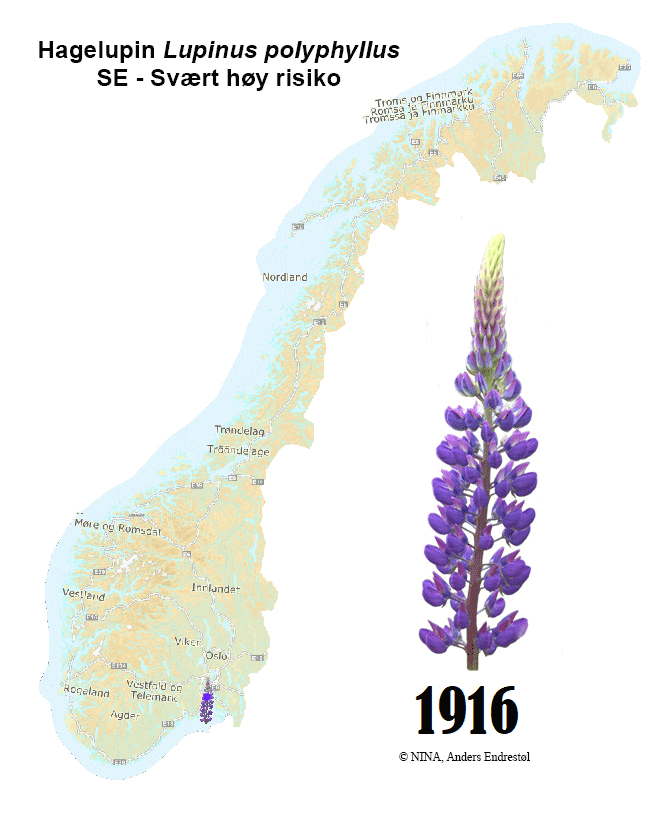
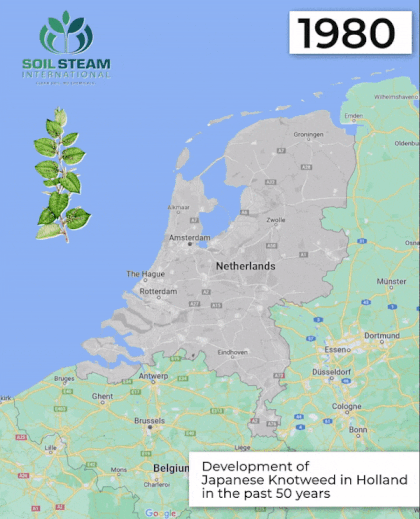
Soil steaming in SoilSaver 20 is effective against invasive alien species such as Japanese Knotweed. Soil infested with knotweed rhizomes or other vegetative material can be successfully treated on-site, removing the need for it to be treated as controlled waste. SoilSteam has also proven efficient elimination of plant parts and seeds from the following list of Invasive Alien Species:
Common wild oat, Barnyard grass, Giant hogweed, Persian hogweed, Himalayan balsam, Stotch laburnum, Common laburnum, Garden lupine, Japanese rosa, Red elderberry, Black nightshade, Canadian goldenrod, Sycamore maple, Lady’s mantle, Dwarf serviceberry
Botanical names: Avena fatua, Echinochloa crus-galli, Heracleum mantegazzianum, Heracleum persicum, Impatiens glandulifera, Laburnum alpinum, Laburnum anagyroides, Lupinus polyphyllus, Rosa rugosa, Sambucus racemosa, Solanum nigrum, Solidago canadensis.
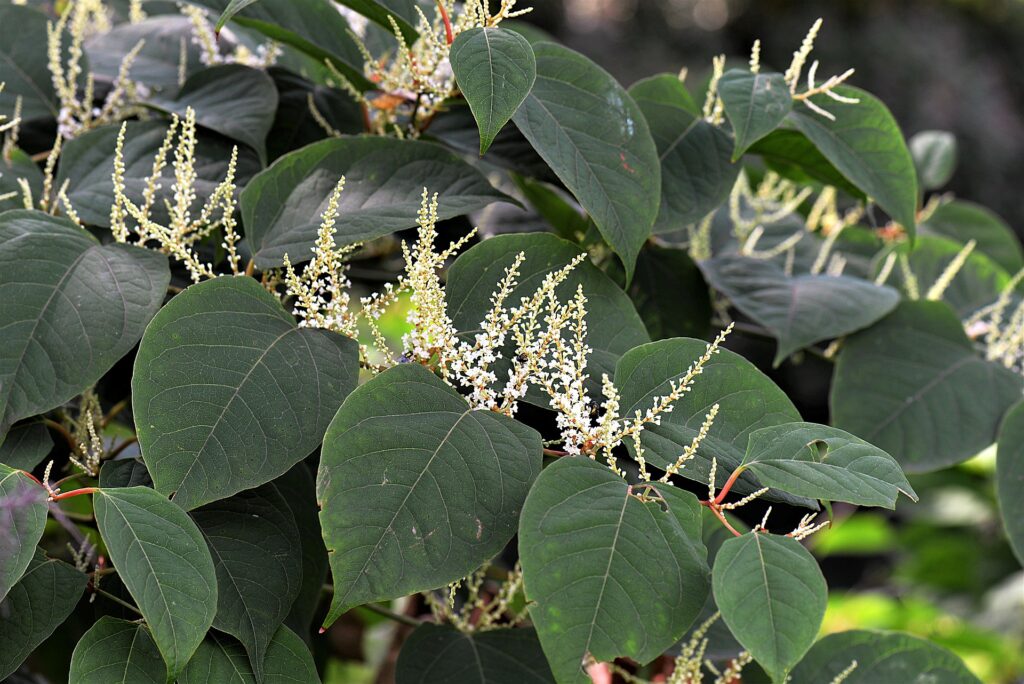

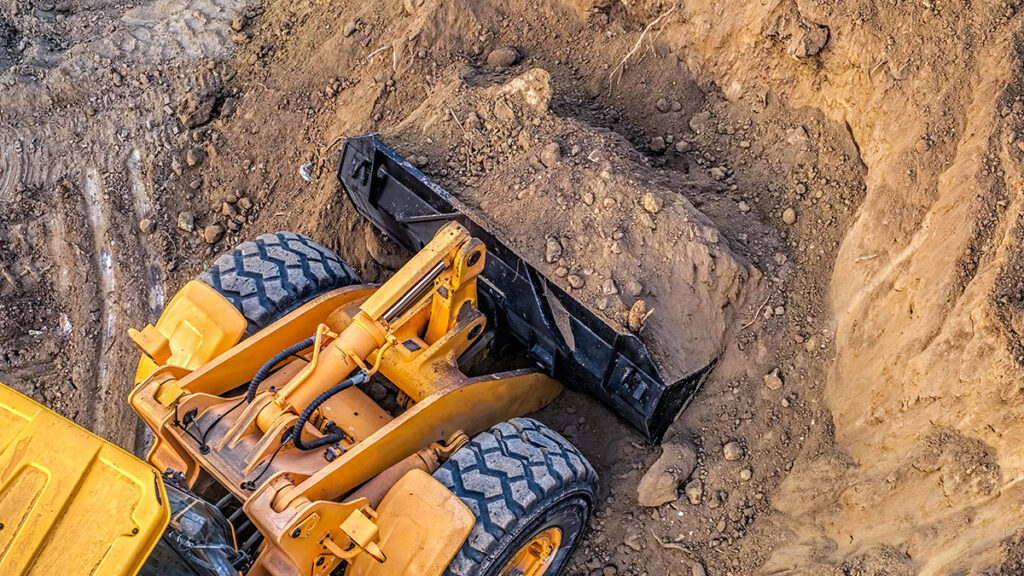
The world population grows by more than 80 million every year. According to the United Nations’ Food and Agriculture Organization, food systems are already exceeding planetary boundaries for key resources. We need to produce more food at the same time as much of the soil is degraded and the farmer’s tools are decreasing.
FAO says we must increase agricultural output while reducing greenhouse gas emissions. It stresses the need to encourage the development of sustainable and affordable agricultural technologies – something the EU, for example, has taken to heart in its Green Deal for the CAP, proposing an initiative that will cut the use of pesticides by 50% before 2030.
SoilSteam’s field machine FieldSaver contributes to significant yield increase for farmers (up to 330%), as steaming can treat diseases or weeds where (legal) chemicals have low or no effect. Our customers also experience increased shelf life of fruits and vegetables after harvesting, as steaming removes fungi normally reducing storage time. This contributes to less food waste and less need for import/transportation of food. In addition, the steam treatment reduces the need for chemicals.
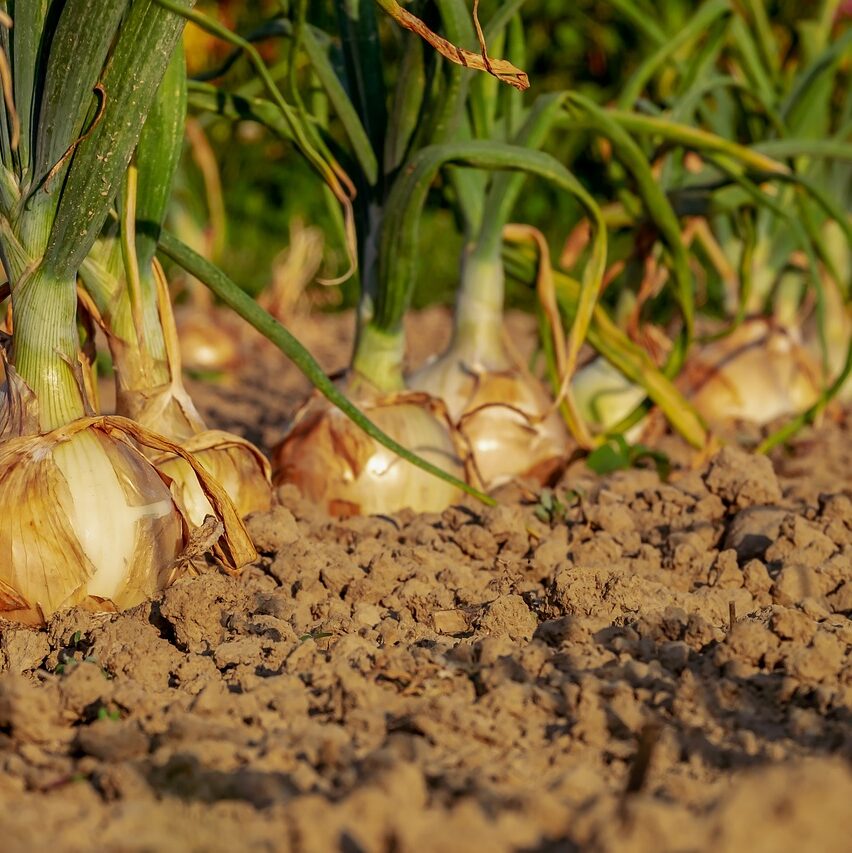
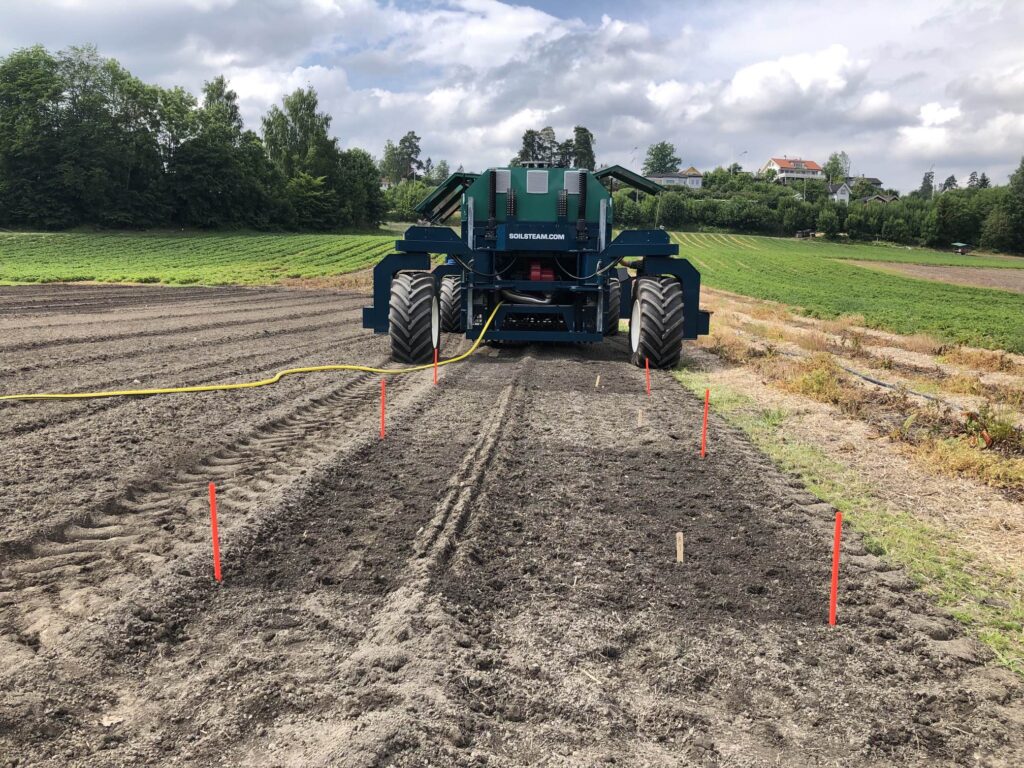
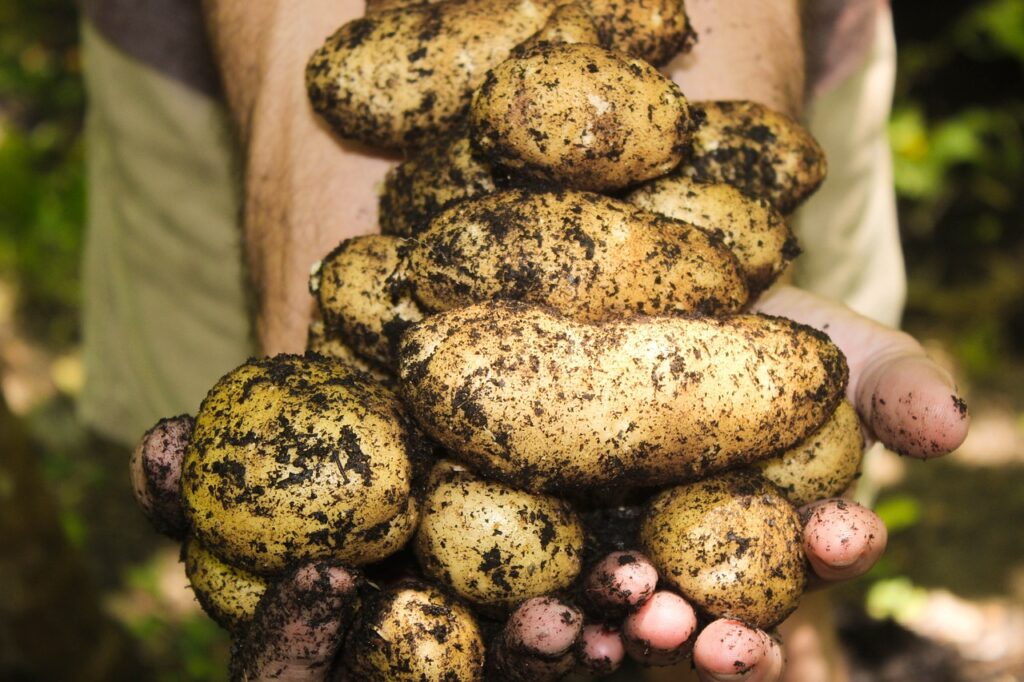
Through our healthy, sustainable soil management techniques, we’re committed to helping society achieve a number of the Sustainable Development Goals (SDGs) set by the United Nations in 2015:
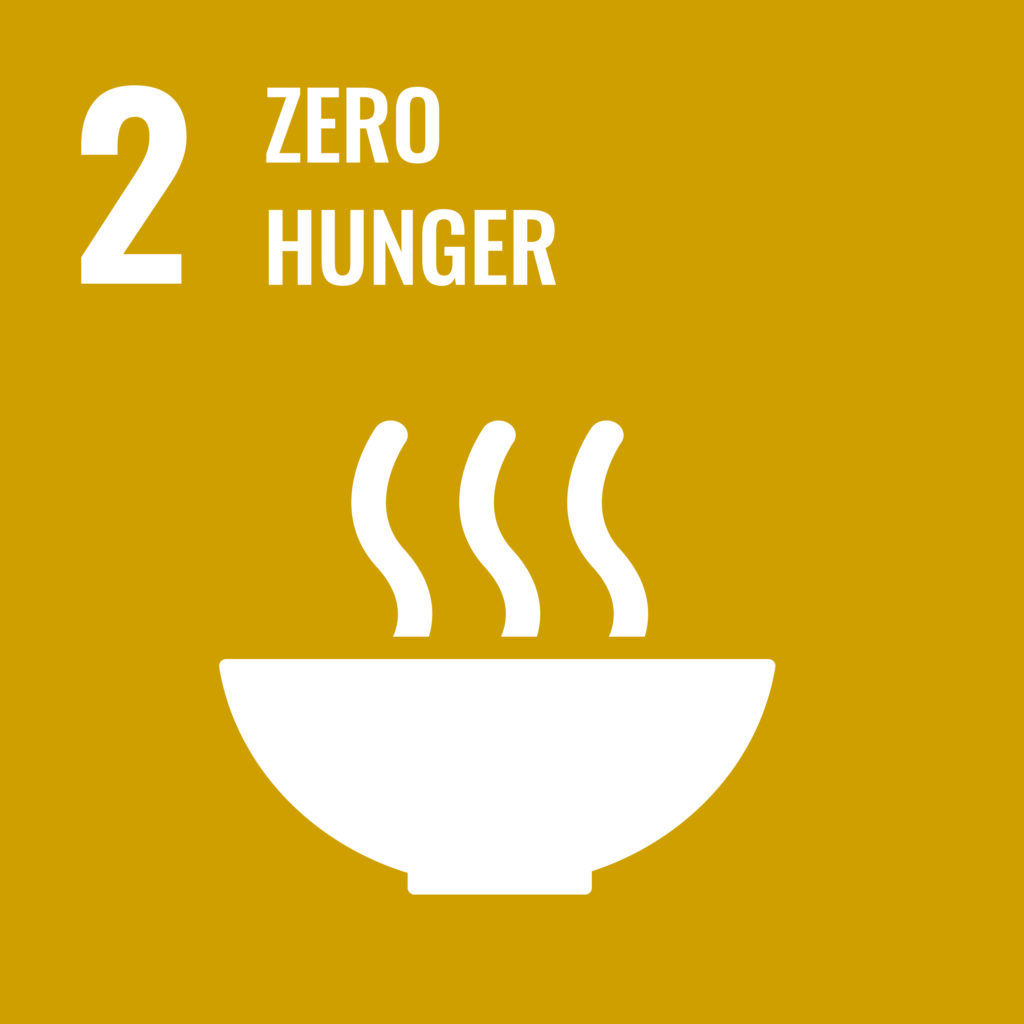
By giving farmers tools to cultivate more food, improved storage time and less post-harvest waste, FieldSaver is improving agricultural productivity
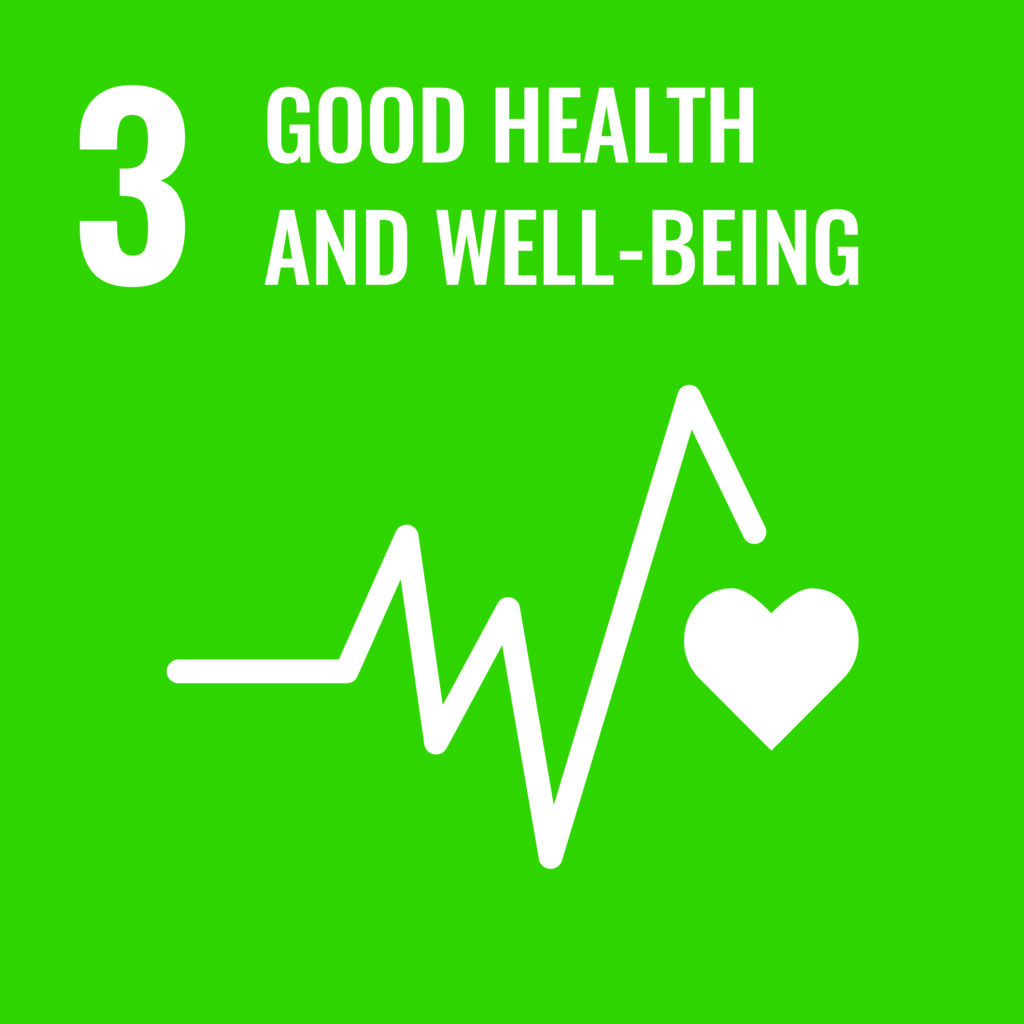
By reducing the need for pesticides and herbicides, FieldSaver is improving good health and well-being.
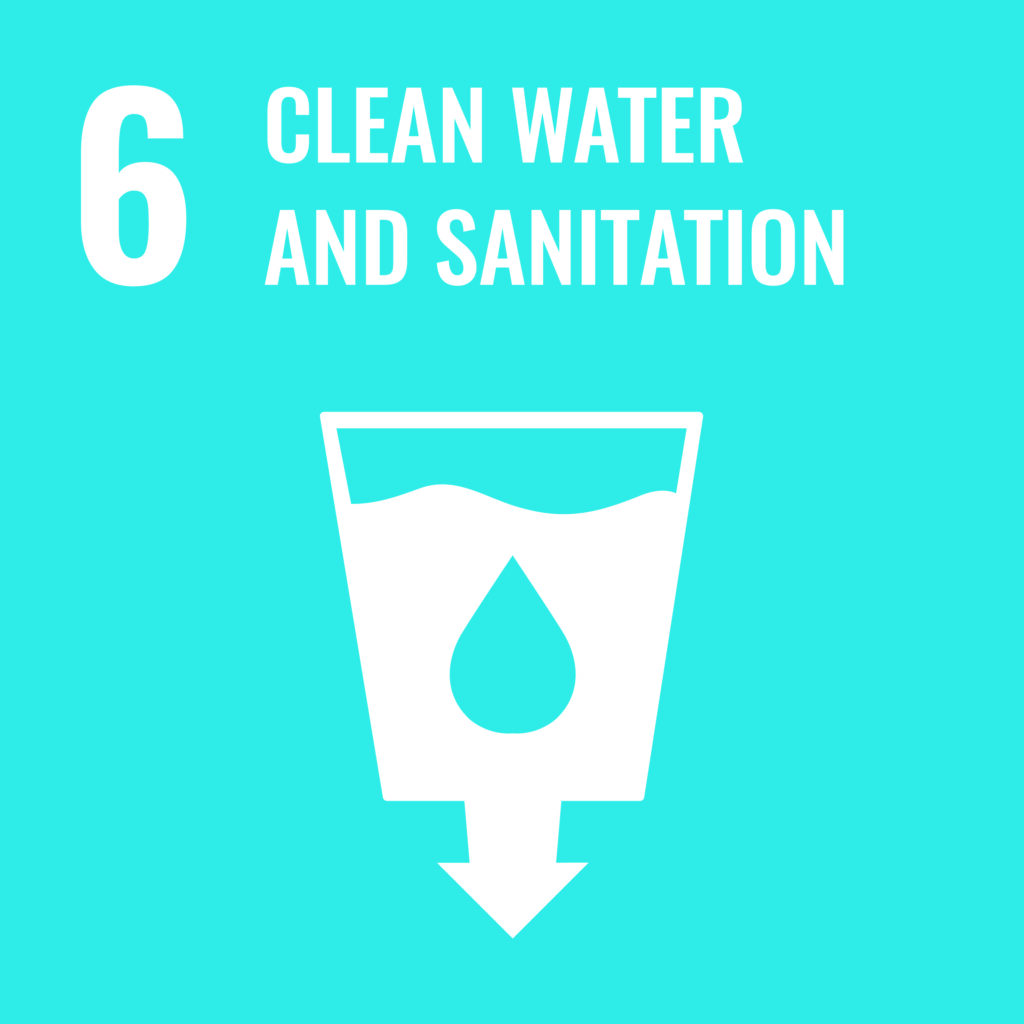
With fewer pesticides used in the fields, SoilSteam can contribute to improving the quality of water sources.
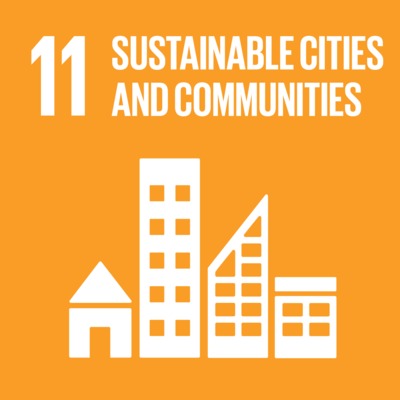
SoilSaver contributes to a more inclusive and sustainable urbanization by preventing soil with invasive species from being classified as waste, thus improving resource utilization.

SoilSaver contributes to increased conservation of soil resources, thereby enhancing CO2 storage in the soil, while also reducing the extraction of new virgin soil accordingly.
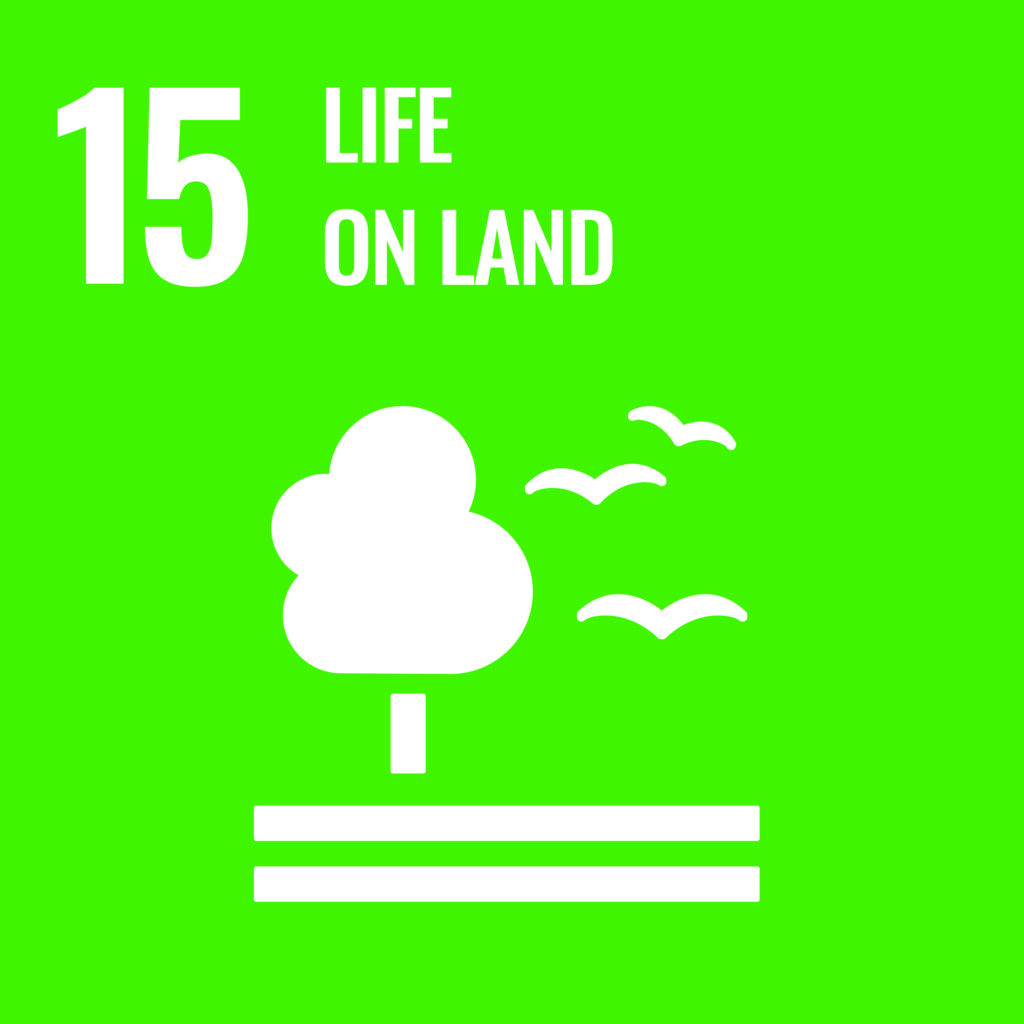
FieldSaver contributes to the restoration of depleted topsoil, while SoilSaver promotes sustainable ecosystem use by preventing the loss of biodiversity.
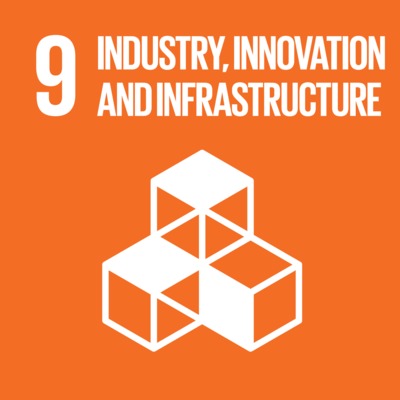
SoilSaver contributes to the business transition towards greater sustainability, promoting more efficient resource utilization and increased adoption of environmentally friendly technological forms.
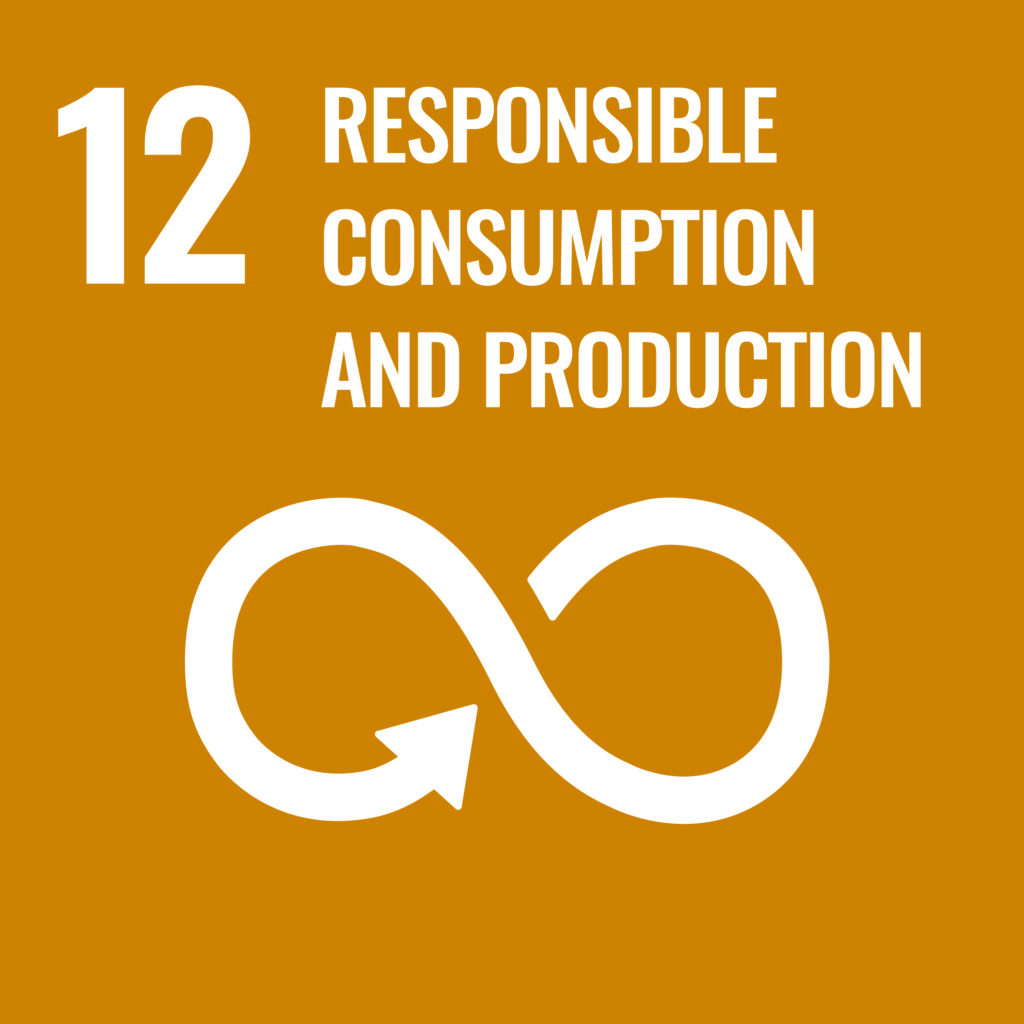
With increased storage time of vegetables, FielSaver contributes to less food waste, while SoilSaver contributes to an efficient and circular utilization of one of our most important natural resources.
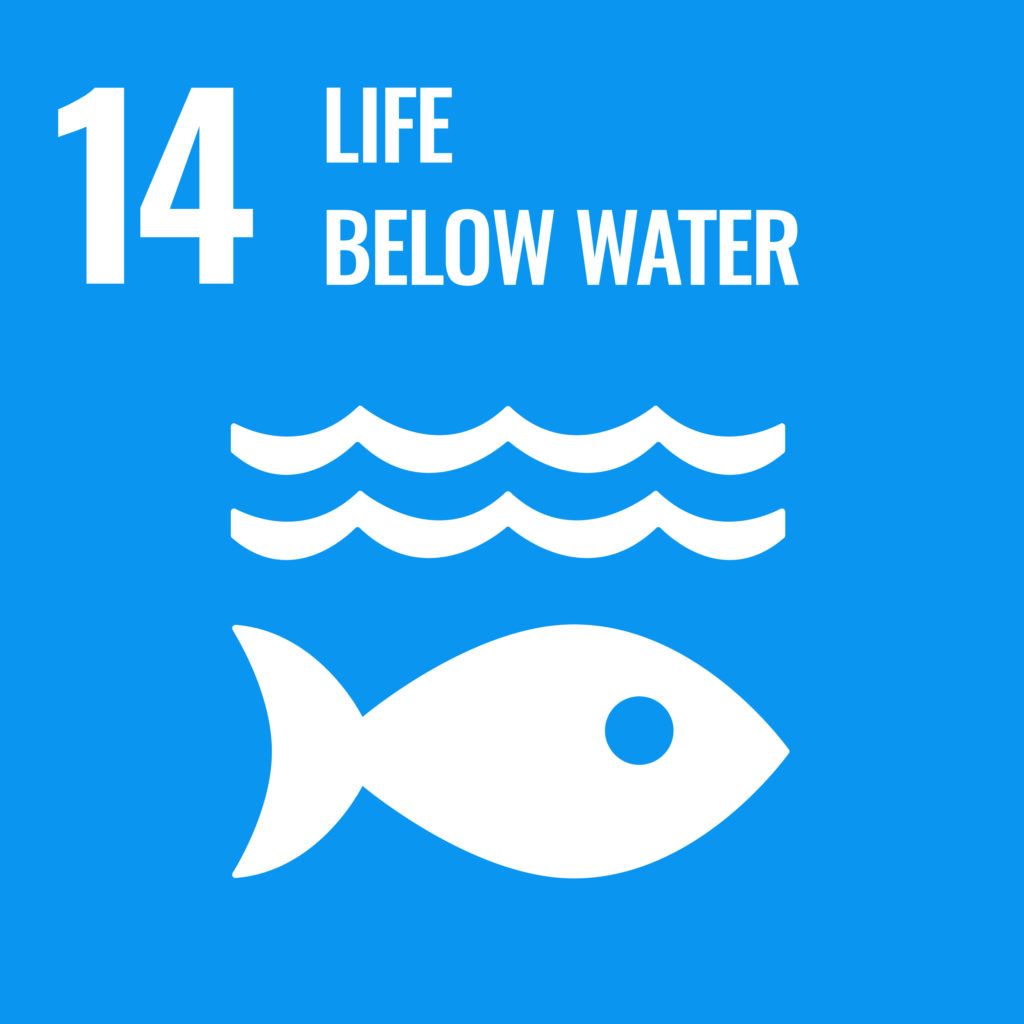
FieldSaver and SoilSaver contribute to reduced marine pollution from land-based activities by decreasing the use of pesticides.
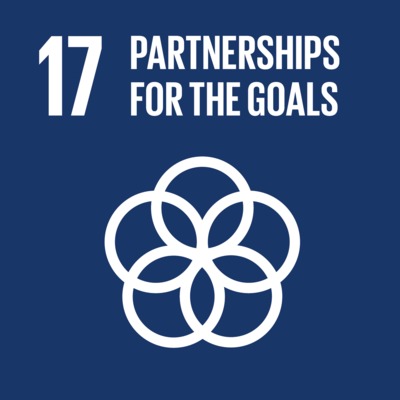
SoilSteam contributes in partnership, both with the private and public sectors, nationally as well as internationally, by sharing its knowledge, expertise, and technology to help achieve sustainability goals.